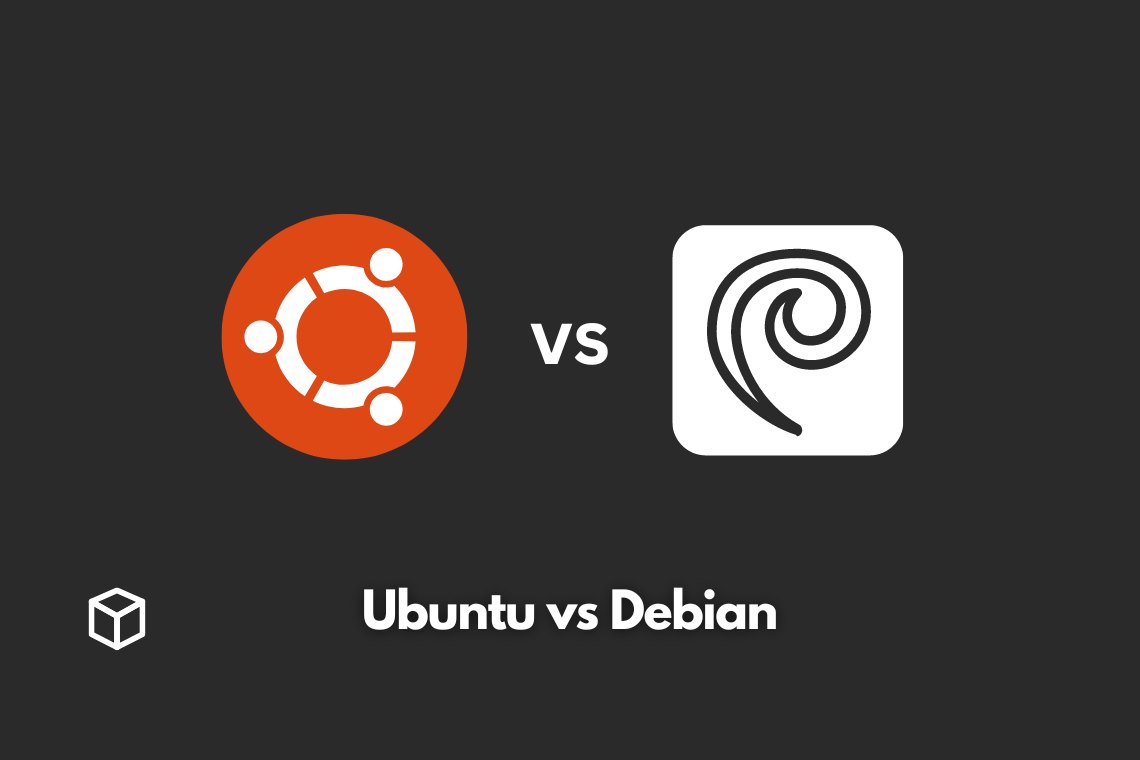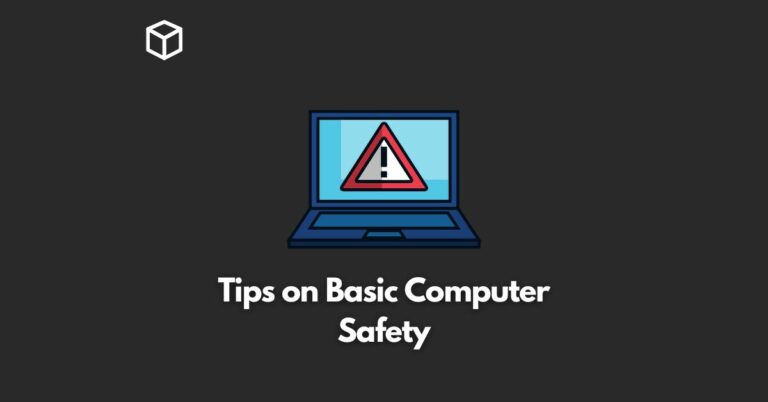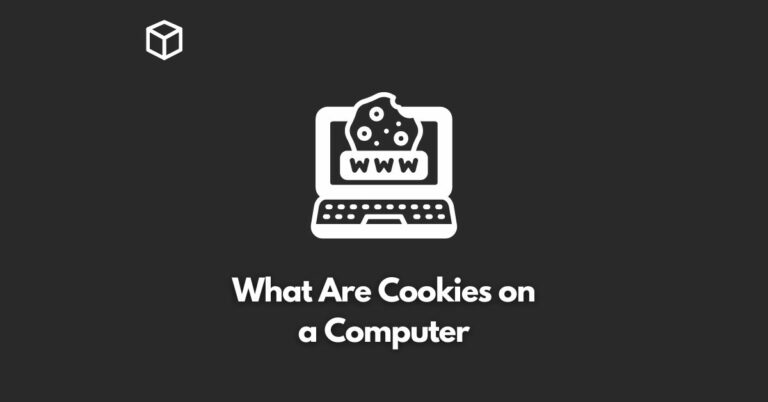Ubuntu and Debian are two of the most popular Linux distributions in the world.
Both are open-source, have large and active communities, and offer a wide range of software available for users.
The purpose of this blog post is to compare Ubuntu and Debian to help readers understand the similarities and differences between the two distributions, and to make an informed decision about which one to choose.
Similarities between Ubuntu and Debian
Both are based on Linux
Ubuntu and Debian are both based on the Linux operating system.
This means that they share many of the same features and capabilities of Linux, such as the command-line interface, file system, and security features.
Both are open-source
Ubuntu and Debian are both open-source operating systems. This means that the source code is freely available to anyone who wants to use, modify, or distribute it.
This also means that both distributions have a large and active community of developers and users who contribute to the development and maintenance of the software.
Both have large and active communities
Both Ubuntu and Debian have large and active communities of users and developers who contribute to the development and maintenance of the software.
It means that there are many resources available for users, such as forums, documentation, and tutorials.
Further, the community can help troubleshoot and solve problems that users may encounter.
Both have a wide range of software available
Ubuntu and Debian both have a wide range of software available for users.
It includes both open-source and proprietary software, and covers a wide range of categories such as productivity, gaming, multimedia, and more.
Furthermore, both distributions offer a variety of different software repositories for users to choose from, making it easy to find and install the software that they need.
Differences between Ubuntu and Debian
Package Management
Ubuntu uses the apt package manager
Ubuntu uses the apt package manager to handle the installation, update, and removal of software. This package manager is easy to use and provides a user-friendly interface for managing software.
Debian uses the apt-get package manager
Debian uses the apt-get package manager to handle the installation, update, and removal of software. This package manager is more command-line based, and may be less user-friendly for beginners.
Release cycle
Ubuntu releases a new version every 6 months
Ubuntu releases a new version every 6 months, providing users with access to the latest features and software updates.
Debian releases a new version every 2-3 years
Debian releases a new version every 2-3 years, providing users with access to the latest features and software updates.
Default desktop environment
Ubuntu uses Unity (or GNOME in recent versions)
Ubuntu uses Unity as the default desktop environment. However, in recent versions of Ubuntu, they have switched to using GNOME.
Debian uses GNOME or Xfce
Debian uses GNOME or Xfce as the default desktop environment. This allows users to choose the environment that they prefer.
Target Audience
Ubuntu is geared towards desktop users
Ubuntu is geared towards desktop users and is designed to be easy to use and provide a user-friendly experience.
Debian is geared towards servers and developers
Debian is geared towards servers and developers and is designed to be stable and reliable. It may not be as user-friendly as Ubuntu, but it provides more control over the system.
Pros and cons of Ubuntu and Debian
Ubuntu Pros
- Easy to use for beginners: Ubuntu is designed to be user-friendly and easy to use, making it a great choice for those who are new to Linux.
- Frequent releases provide access to the latest software: With new versions released every 6 months, Ubuntu users always have access to the latest software and features.
Ubuntu Cons
- Less stable than Debian: Because of its frequent releases, Ubuntu may be less stable than Debian.
- Less control over the system: Because Ubuntu is designed to be user-friendly, it may provide less control over the system for advanced users.
Debian Pros
- Stable and reliable: Debian is designed to be stable and reliable, making it a great choice for servers and developers.
- More control over the system: Debian provides more control over the system for advanced users.
Debian Cons
- Longer release cycle: Because new versions of Debian are released every 2-3 years, users may not have access to the latest software as quickly as Ubuntu users.
- Less user-friendly: Debian may not be as user-friendly as Ubuntu, making it a better choice for advanced users.
Conclusion
In conclusion, Ubuntu and Debian are both popular Linux distributions with their own strengths and weaknesses.
Ubuntu is designed to be user-friendly and easy to use, making it a great choice for desktop users.
Debian is designed to be stable and reliable, making it a great choice for servers and developers.
Whether you are a beginner or an advanced user, both distributions have something to offer. It’s important to weigh the pros and cons before making a decision.




